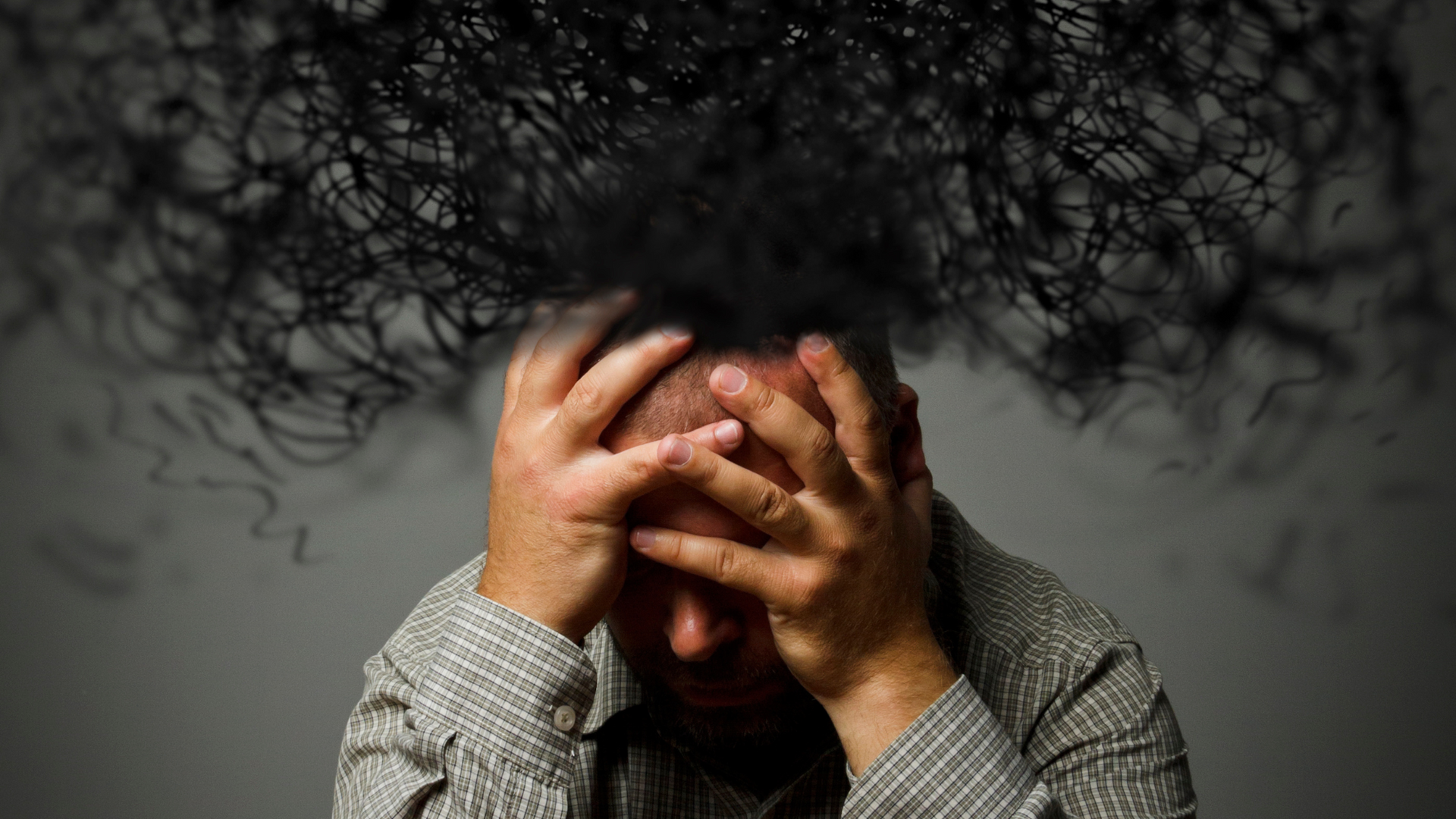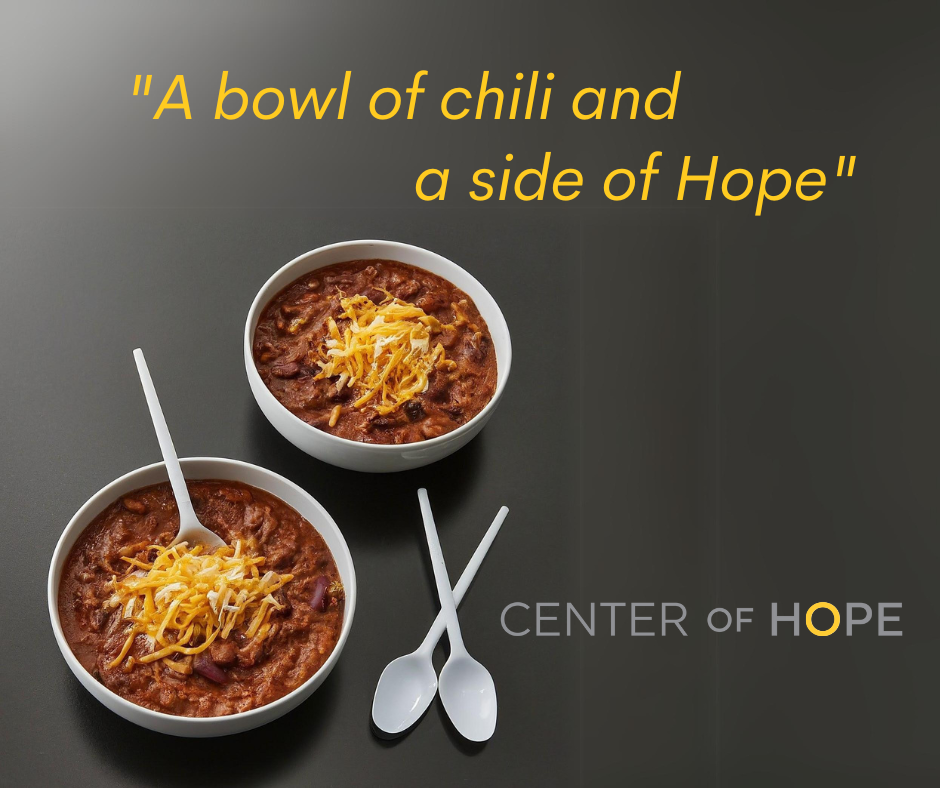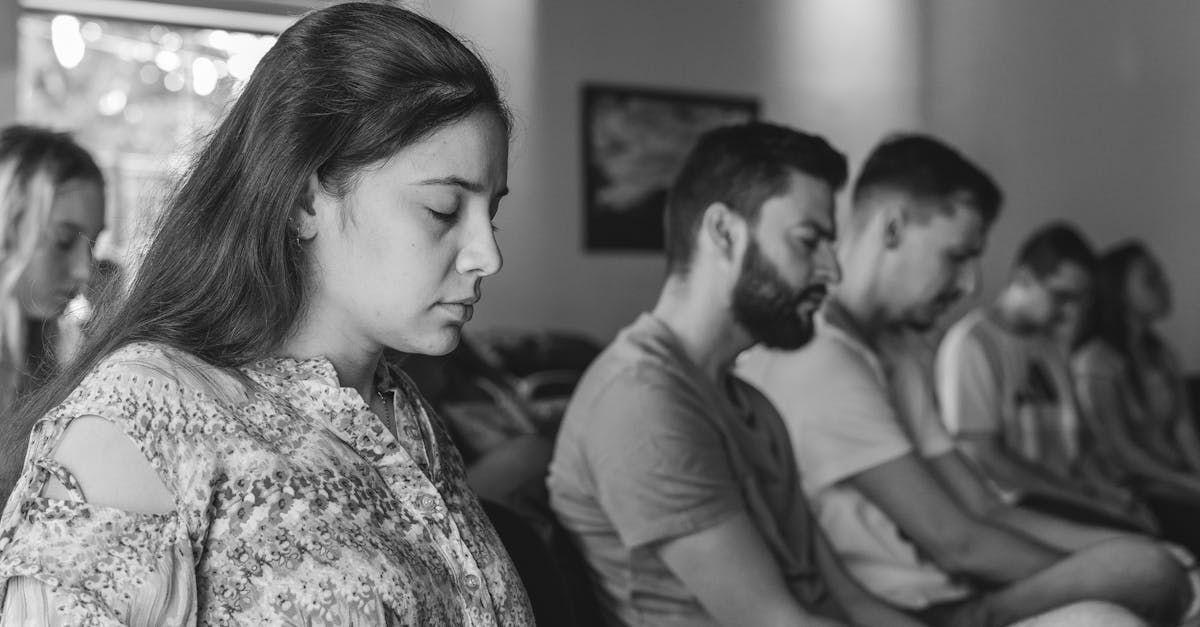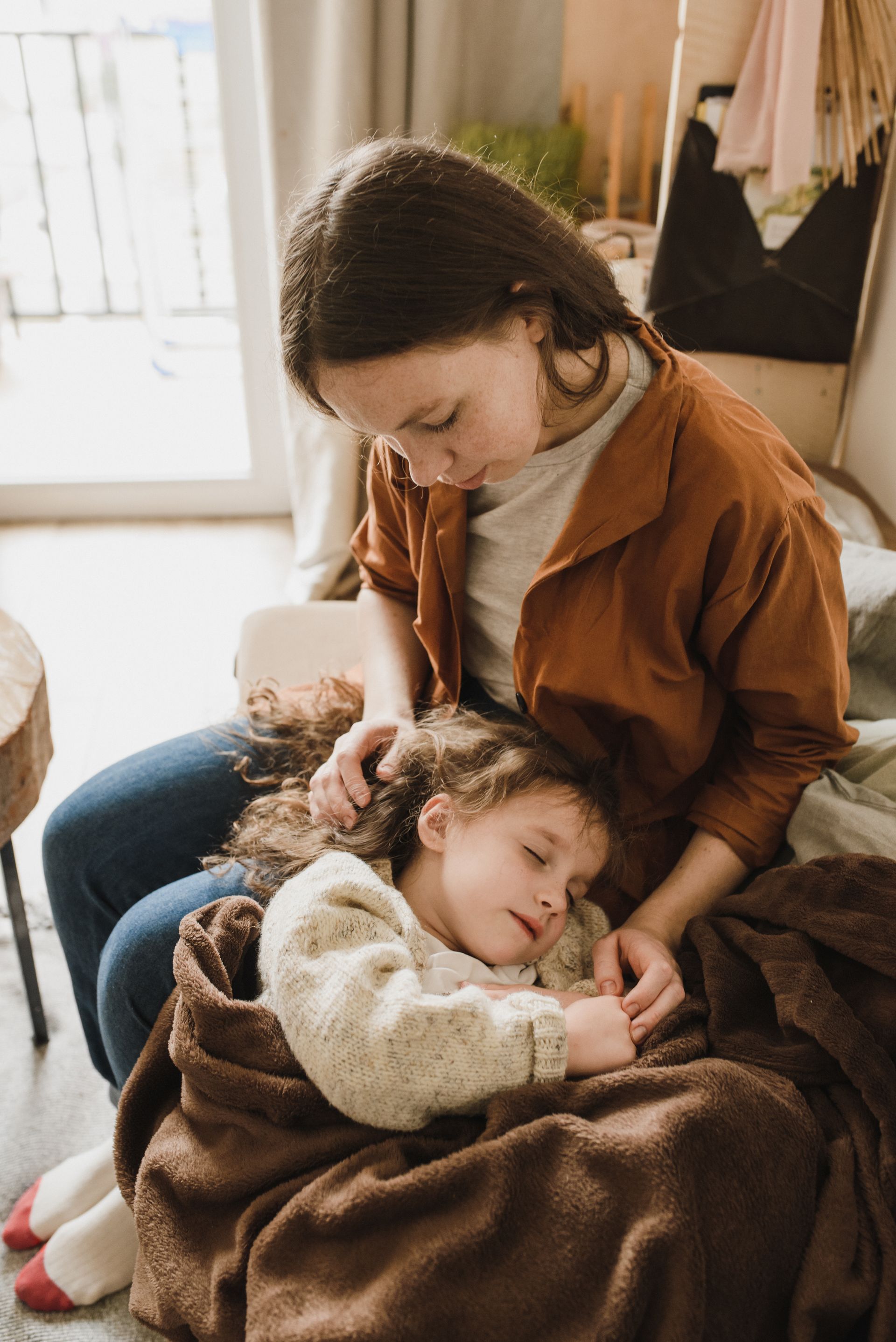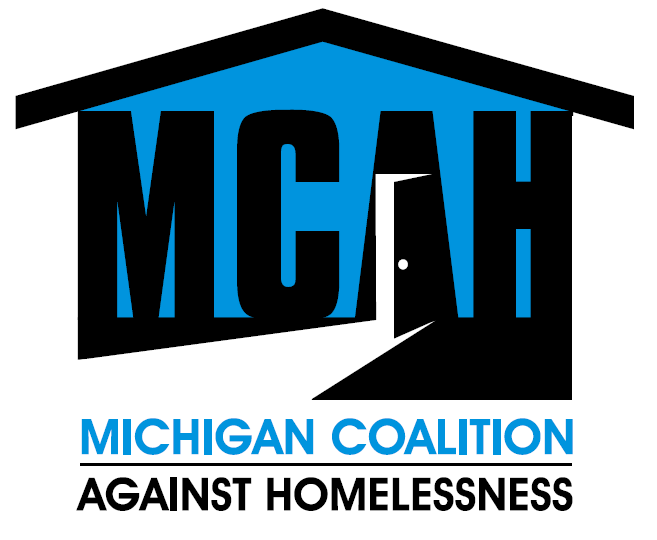Human Trafficking Close to Home
Human trafficking is a serious issue that affects millions
Human trafficking is a serious issue that affects millions of people around the world, including people in our home state of Michigan. According to the National Human Trafficking Hotline there were 295 cases reported in the state in 2021. This number may seem small, but it represents only a fraction of the actual number of people who are being exploited in the state. In this article, we will discuss the seriousness of human trafficking in Michigan, including the forms it takes, its causes, and its impact on the victims.
Forms of Human Trafficking in Michigan
Human trafficking can take many different forms, including sex trafficking, labor trafficking, and domestic servitude. In Michigan, sex trafficking is the most commonly reported form of human trafficking. This involves the use of force, fraud, or coercion to compel someone to engage in commercial sex acts. Labor trafficking, on the other hand, involves the use of force, fraud, or coercion to compel someone to work against their will. This can happen in a variety of industries, including agriculture, hospitality, and construction.
Causes of Human Trafficking in Michigan
There are many factors that contribute to the prevalence of human trafficking in Michigan. Poverty and lack of economic opportunity are major drivers of human trafficking. People who are desperate for work or money are more vulnerable to traffickers who promise them better opportunities. Other factors that can contribute to human trafficking include addiction, immigration status, language barriers, and a lack of social support.
Impact of Human Trafficking on Victims
Human trafficking has a devastating impact on its victims, both physically and emotionally. Victims of human trafficking often suffer from physical abuse, malnutrition, and lack of medical care. They may also experience psychological trauma, such as anxiety, depression, and post-traumatic stress disorder. Victims of sex trafficking are at high risk for sexually transmitted infections, unintended pregnancy, and drug addiction. In addition, victims of human trafficking often feel isolated and alone, making it difficult for them to seek help or escape from their situation.
Solutions
At the Center of Hope we’ve become increasingly aware of the issue of human trafficking as the frequency and number of incidences in our area increase. As our experience and involvement have increased we’ve learned what measures must be taken to stop it. Often there is a limited window of opportunity to remove a victim from a human trafficking situation. Resources must be in place and ready so action can take place quickly. First and foremost among these resources is safe emergency housing.
The Center of Hope is currently working to convert 20,000 square feet of existing space into short term emergency housing that will accommodate up to 50 individuals. Our goal is to provide a safe and secure place for those newly liberated from human trafficking situations. With this new emergency housing and with existing resources available through the Center of Hope, law enforcement, Genesee County Human Trafficking Task Force, and other organizations, we know that lives can be saved.
Conclusion
Human trafficking is a serious issue, not just abroad but right here in our home state of Michigan. It’s a crime that exploits the most vulnerable members of our society and strips them of their dignity and freedom. To combat human trafficking, it’s important to raise awareness about the issue and to support organizations such as the Center of Hope that provide assistance to victims. Together, we can work to end human trafficking in our area and around the world.
Hope Journal
